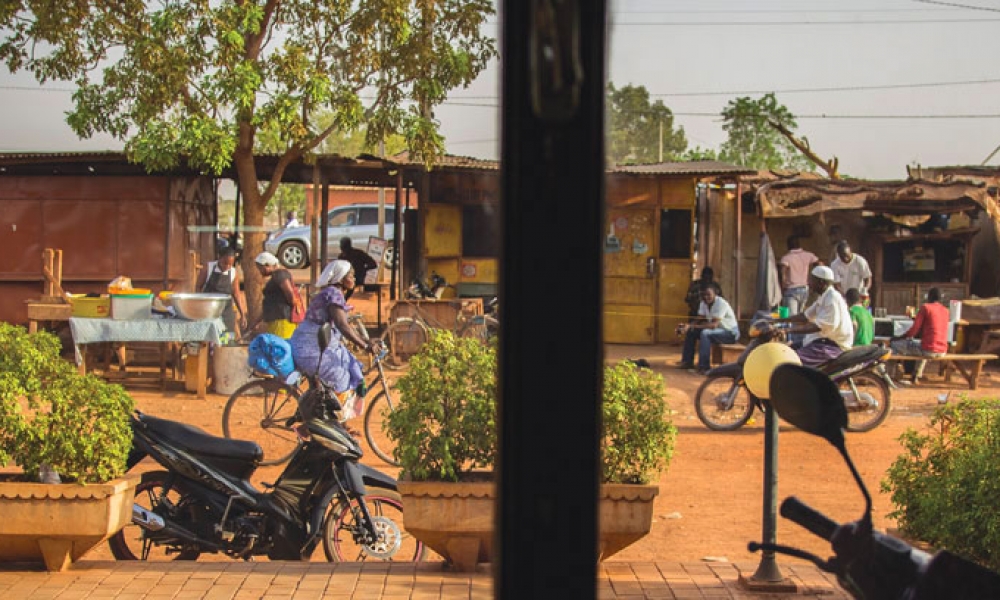“So, is there a bag of drinks for me too?” I asked, and smiled.
It worked! The woman behind the desk laughed and smiled broadly back at me – a sweaty white man with messy hair. She was clearly surprised to hear me speak her language.
But then, she had surprised me first.
I was at the national power company in Bobo Dioulasso, the second largest city in Burkina Faso, sitting on a hard plastic chair and feeling not so fresh from hours of running errands by bicycle on hot, dusty streets. I had been watching this woman, one of the directors, pulling soft drinks out of crates stacked by her desk, and packing gift assortments into plastic bags. All the while she was also making phone calls, and then handing the bags out to individuals who were stopping in after receiving one of those calls. Clearly this activity was a top priority, and she was taking it very seriously.
While waiting respectfully to be noticed, my eyes had wandered to the documents posted on the wall. One read, “Instead of telling God about your really big problems, try telling your really big problems about God.” Fascinating! None of this was what I expected to see at a major utilities provider. I asked her, “What does handing out pop have to do with running the local electricity grid?”
“It’s Easter,” she explained, “and the Christians could use help with their parties. These drinks are the gifts purchased by us Muslims for the Christians who work here.”
My jaw hit the floor.
“At Ramadan, it’s the other way around,” she went on. “The Christians buy food gifts for us Muslims.”
Now the poster made more sense. Her actions were based on seeing godliness, not as a burden, but as a practical answer to everyday life. Here was an employer who was determined to see good things in both the Christian and Muslim faiths, and she was taking steps to help in the free expression of those faiths. Here, I realized, people were being treated as people first, and employees second.
What a wonderfully Burkinabé way of seeing things! My heart soared like an eagle in a spring sky as I basked in the warmth of this aspect of Burkina culture. To show this woman of substance that I understood, I said, “What you are doing is mogoya!”
At my use of this Jula word, she stood tall and smiled again, seeing that I understood her language and her people’s values. In Jula, mogoya means “humanness”. It is a weighty concept, taken from the word mogow, meaning “people”. In English, we have the word “humanity”, but that doesn’t quite cover it. Humanness is what is expressed in acts of kindness that bring no reward other than a healthy relationship. It happens when we oppose the strong taking what they want from the weak, when we do the hard work of building partnerships rather than hierarchies, and when we have enough faith to joke about our problems rather than moan over them. It’s that part of our nature that is ethical.
Mogoya is when we are most truly human.
After taking care of my business at the power company, I took my dusty, sweaty clothes and my happy heart over to the central police station. I needed to have a vehicle document legalized by Interpol. Having had my curiosity aroused at the last office, I asked here as well if the people in their organization also gave each other cross-religion gifts at holiday times.
“Of course!” came the prompt reply. “All important civil services do that sort of thing.”
How had I not known about this? During our twenty-five years in Burkina, perhaps I had been distracted by all of the corruption I had seen, especially as the influx of cash contributed to the breakdown of community. I had seen truth routinely reshaped for personal gain. I had seen how almost everyone would, at some point, turn to evil spirits to help them get more than their fair share, usually at someone else’s expense. I had seen people live in constant fear of the reprisals of the injured and the ongoing demands of those same spirits.
And yet Burkina is also the land of mogoya, where all of us – Christian and non-Christian – are understood as being made in God’s image. In this case, non-Christians were acting like Jesus, reaching out to give gifts to those whom they have traditionally perceived as their enemies. Imagine what could happen, I thought to myself, if these people had the Holy Spirit! The good that they do could then be empowered by God to fulfill the dreams of their entire society, enabling them to change so that they could live fully human lives, guided by godly ethics instead of by selfish impulses. It has happened elsewhere. It’s starting to happen here too.
That day, I felt encouraged, as I hope you do, to recommit to following Jesus, our role model for being more truly human through the indwelling of God’s Holy Spirit.

